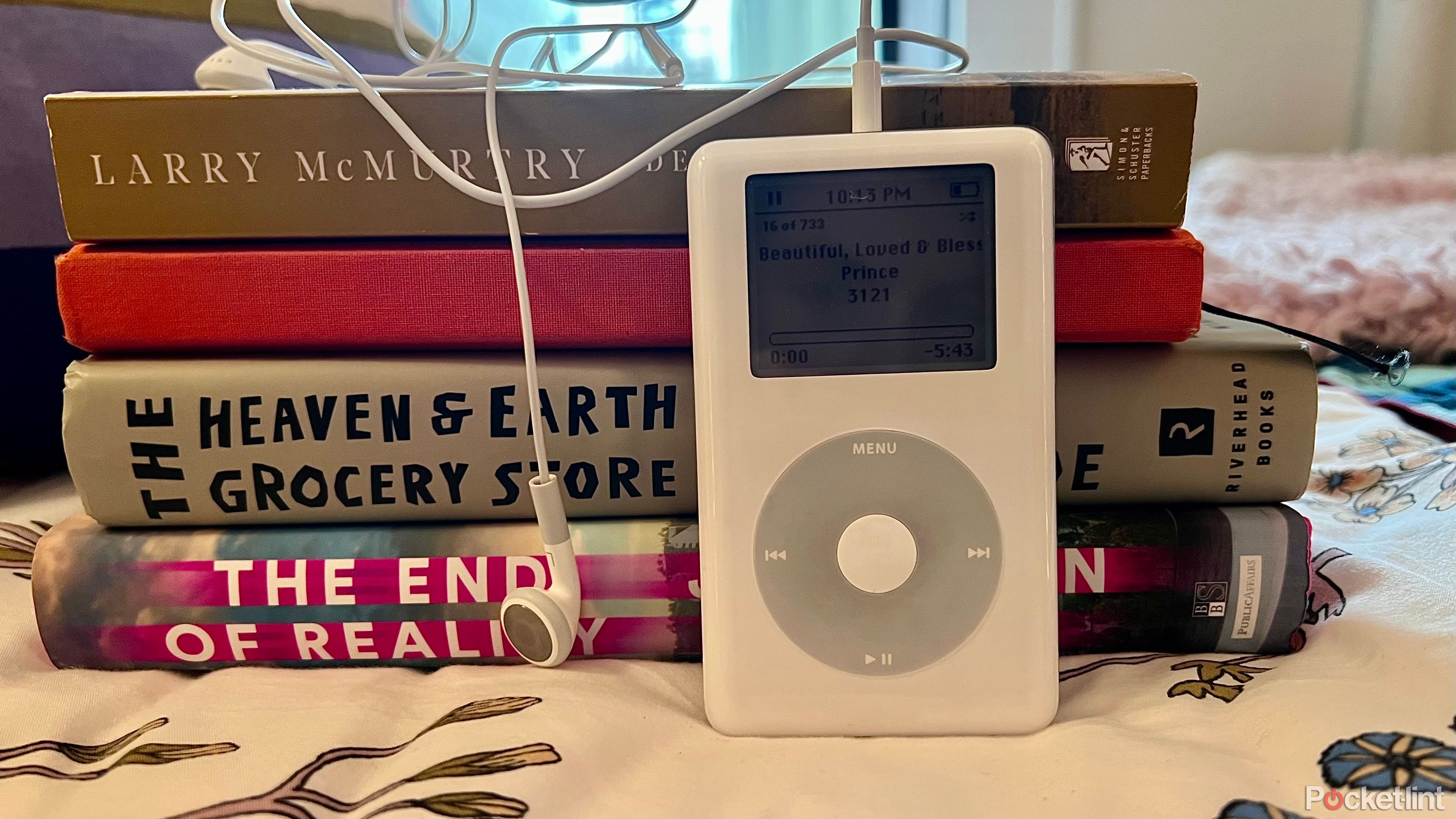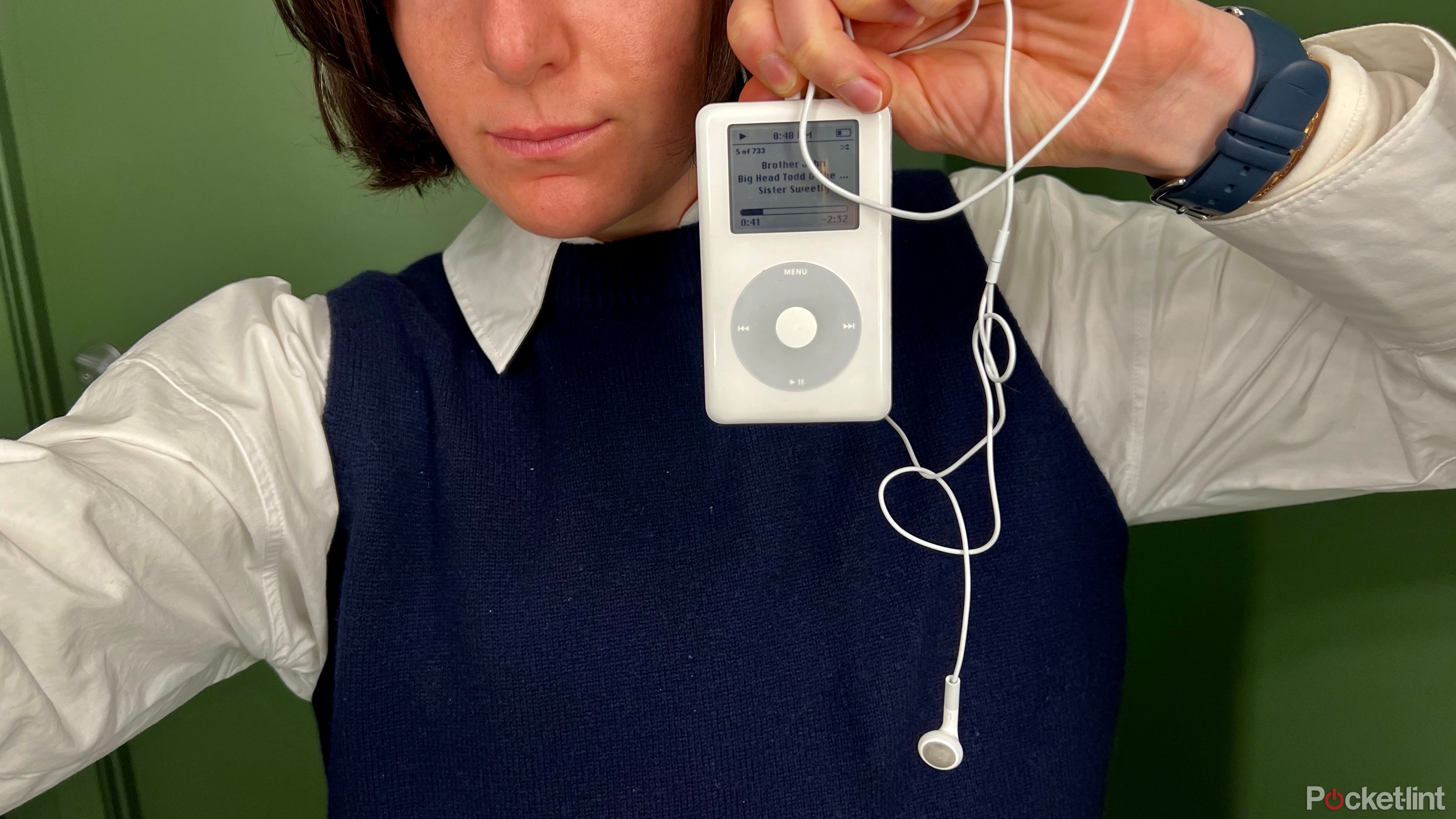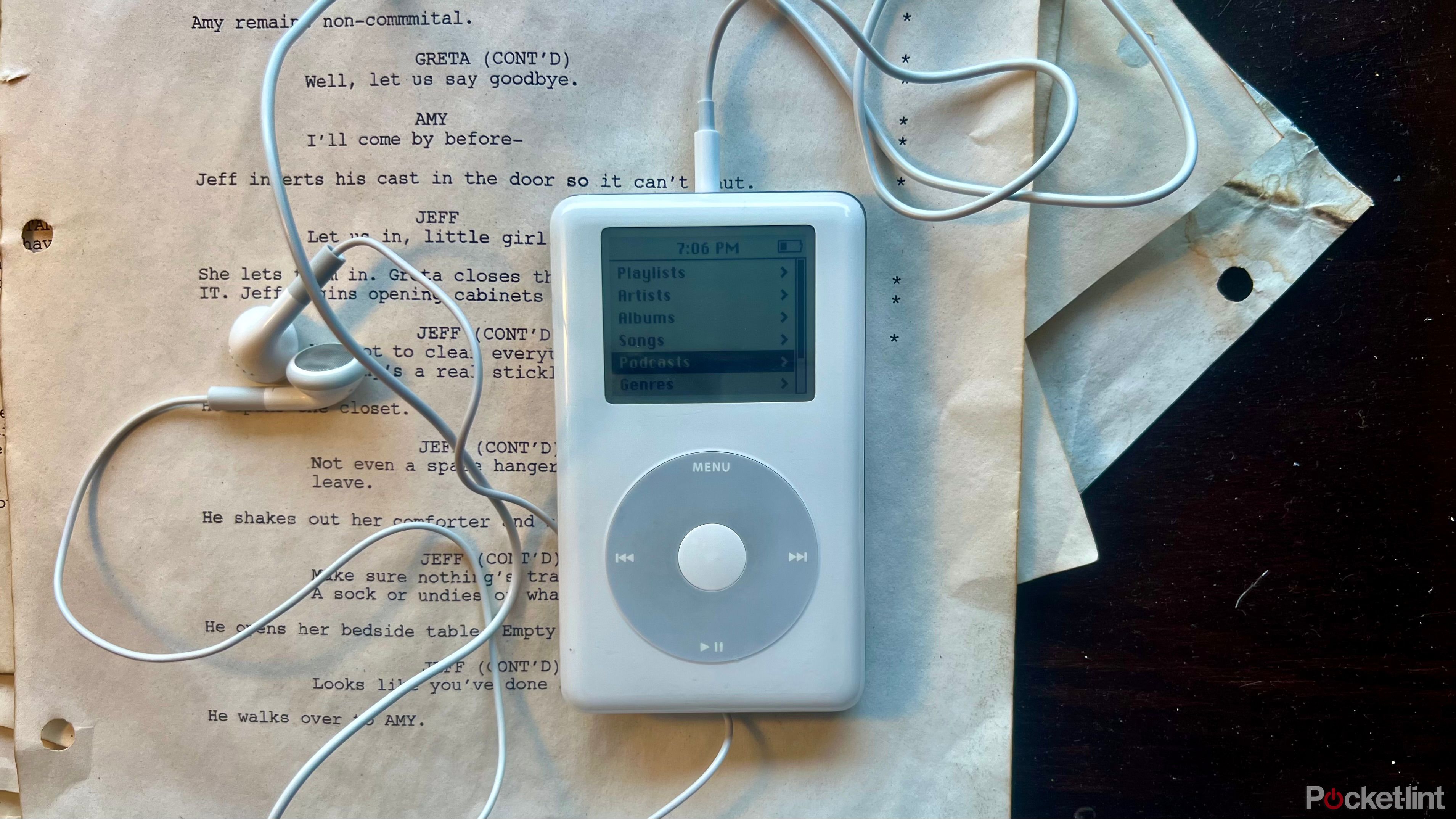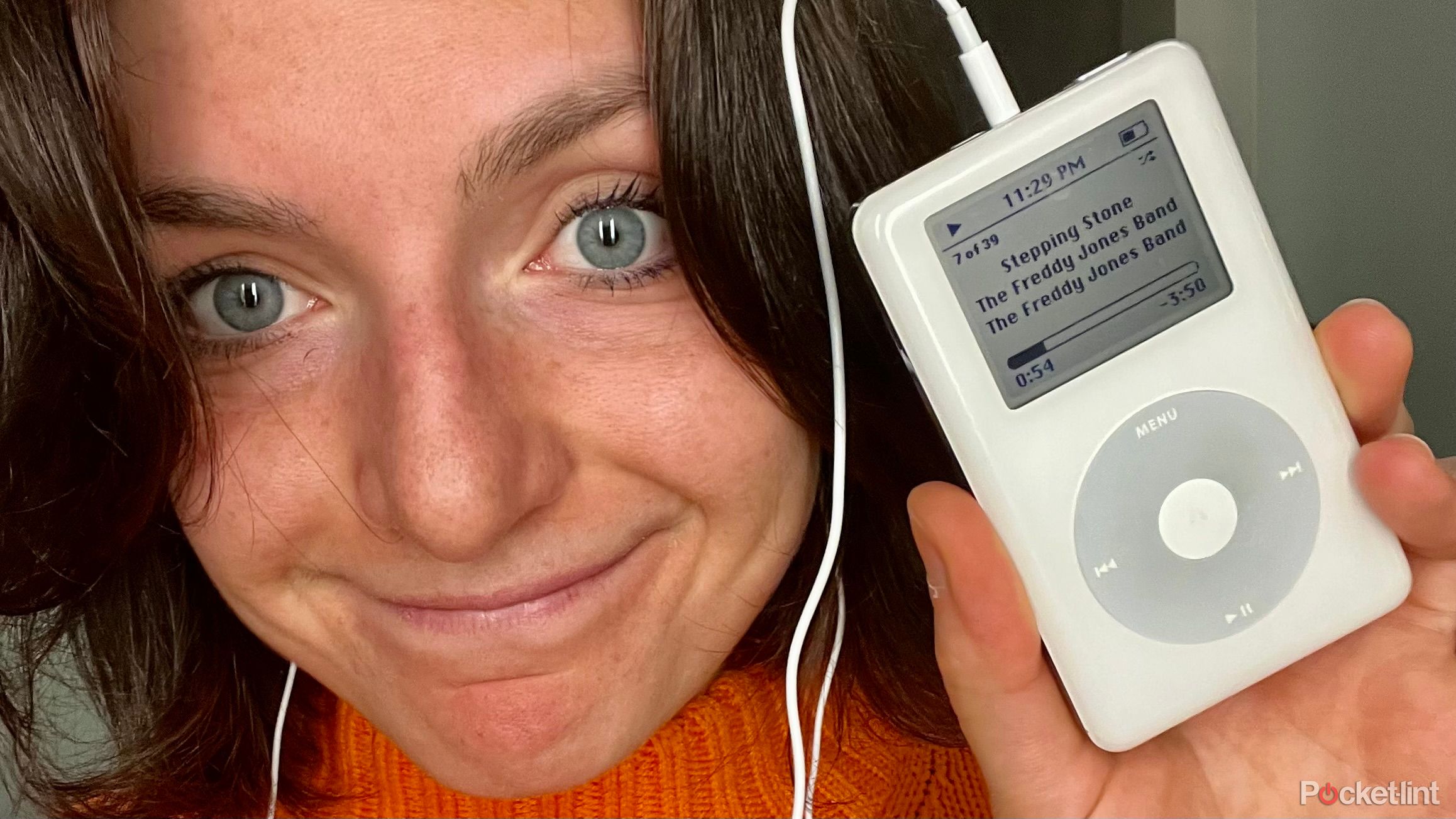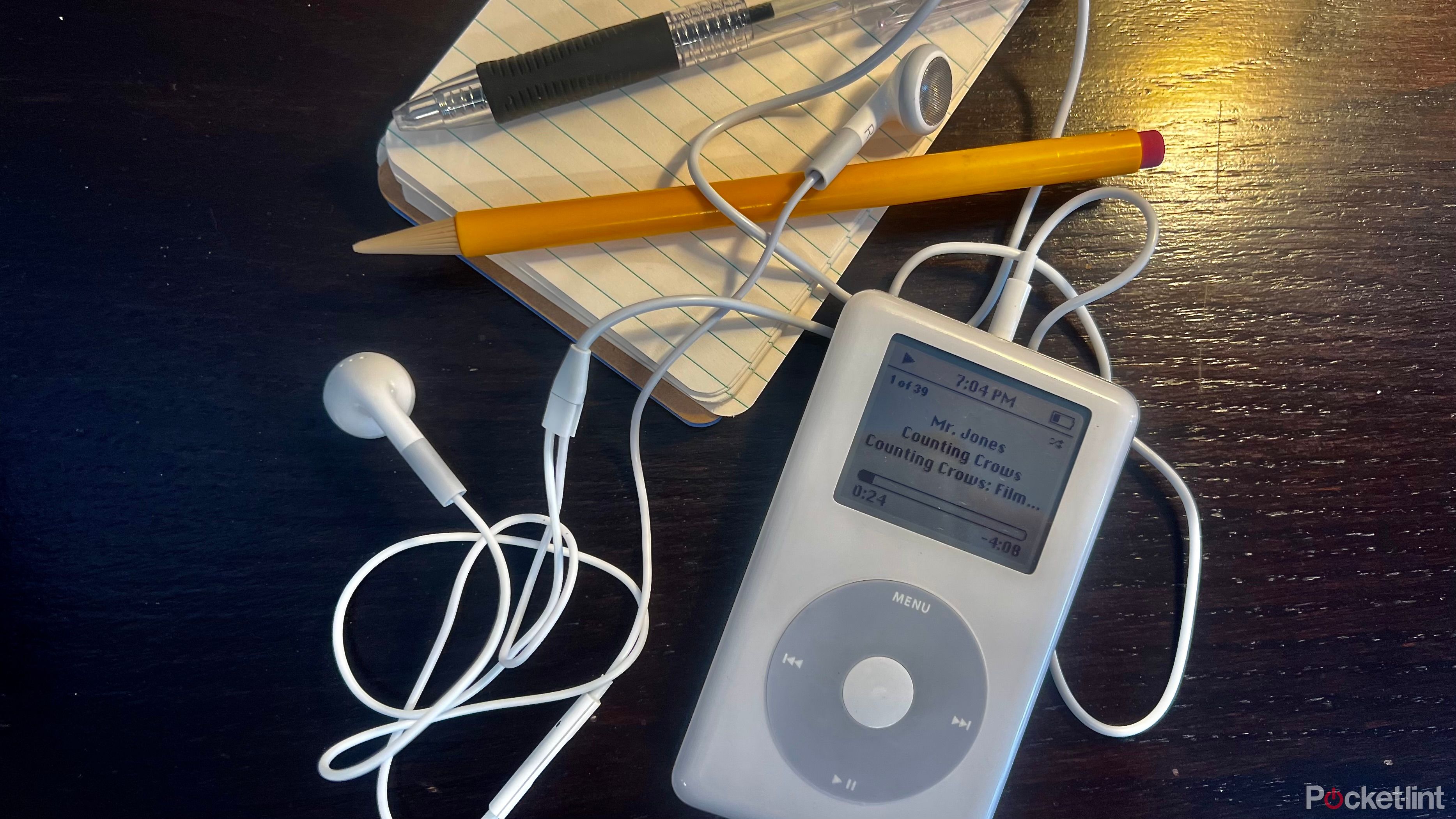Main points
- Returning to simply listening to an iPod brings back nostalgia and a simpler time away from digital distractions.
- I discovered a hardware issue with song playback, highlighting the rapid advancement of technology.
- Gen Z’s reliance on smartphones stands in stark contrast to the simplicity of the iPod, and they are eager to break away from too much technology exposure.
On an unseasonably warm night in March, I ran along the West Side Expressway in Manhattan. Even though the city roads along the Hudson River are crowded with joggers, walkers, and dogs of all sizes, I’m still cruising. Little did these other runners know that there was more to the unusual day than just the weather and the crowds.
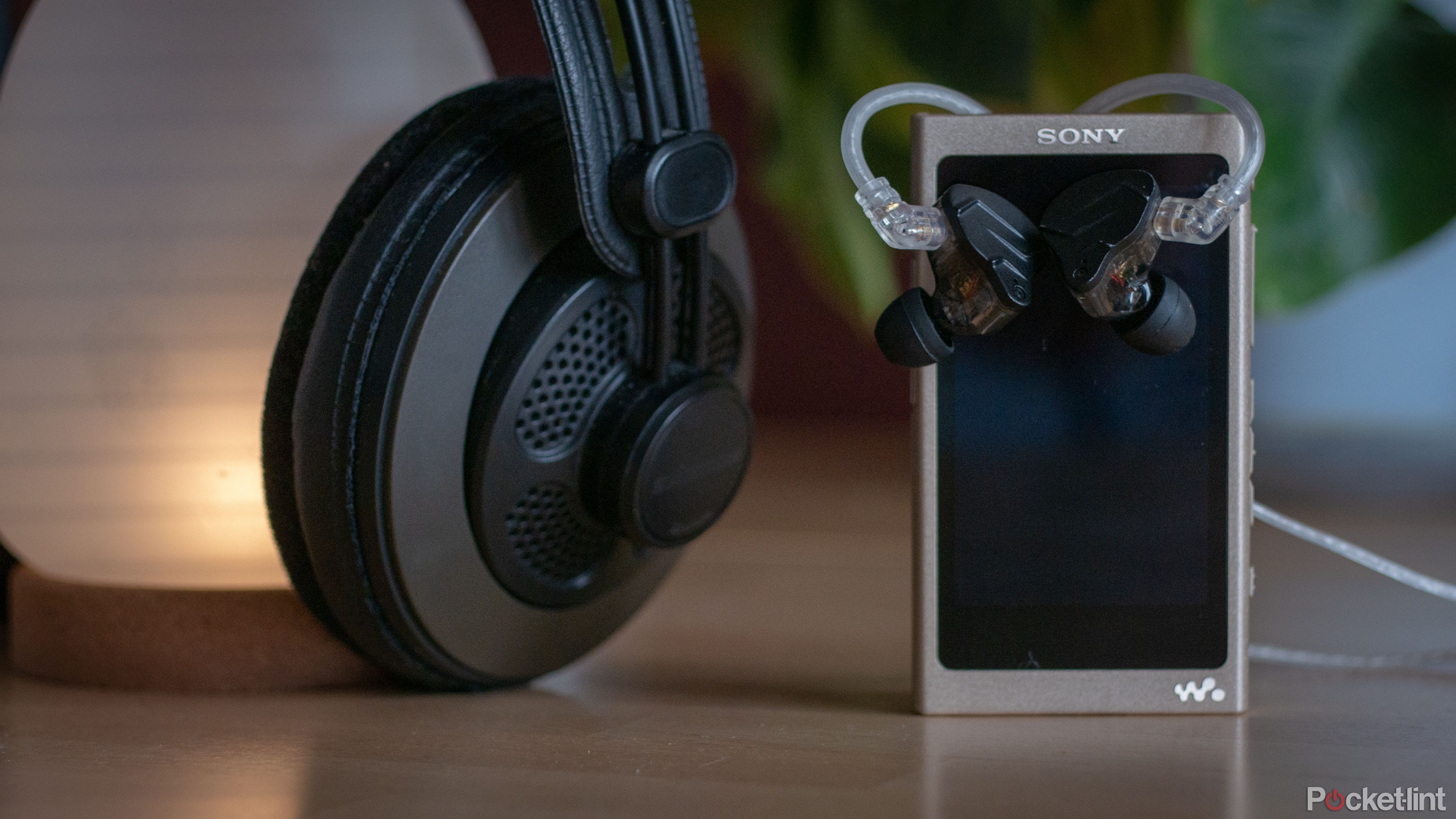
After two months of using wired headphones, I understand why old technology feels new again
Going back to wired headphones is more convenient and higher quality than I expected, but wireless ones still do a better job.
Instead of putting on AirPods, I followed the return trend of retro technology and pulled out a pair of gray wired headphones. However, at the end of the cord, you won’t find it connected to my smartphone. Instead, I have my fourth-generation iPod tucked away in the pocket of my bright pink vest. Yes, I’m talking about that bulky, gray-and-white iPod that you may or may not have stored somewhere deep in your parents’ house.
Between the sunshine, my retro beats, and the intense sense of exclusivity sprouting at the end of my wired headphones, I’m starting to think that Freddie Jones Band’s “Stepping Stones” might just be the best song ever written. One mile turned into two miles and soon into four miles. As the sun began to set over the calm waters of the Hudson River, I suddenly realized that I had just listened to the same three songs on repeat.
Zap Mama’s exclamations on “Wadidyusay” become akin to some kind of psychedelic experience. The song finally comes to an end, and the upbeat guitar licks of “Stepping Stone” return.
Over the past month, I’ve returned to my iPod for simple listening, a nod to the digital age where listening to music is just that.
I pulled the headphones from my ears. Over the past month, I’ve returned to my iPod for simple listening, a nod to the digital age where listening to music is just that. No text messages, no touch screens, no phone calls. While this experiment is an excuse to dive headfirst into a pool of nostalgia, charging this dusty device also highlights the all-consuming digital age we live in today.
Pursue simpler listening
The risks and rewards of going all-in on the iPod lifestyle
I wanted this iPod experiment to work, and many times it did. For example, listening to an iPod for a month was not only a personal trip down memory lane, but surprisingly connected me to my parents in a new way.
If you asked me a month ago what kind of music my dad listens to, I wouldn’t have answered. He never looked like a musician. But thanks to him digging out an iPod from our cluttered closet, we started talking about an improvisation he’d downloaded from iTunes long ago. I’m talking about reggae, The Grateful Dead, and a whole host of artists who are not on the Billboard 100 in 2024. Then, there are downloadable Italian courses and old podcast episodes of The Onion (circa 2006). It’s a look at a time in my father’s life that makes all the songs on repeat on this iPod totally worth it.
One major flaw in the experiment: nearly half of the songs downloaded into the 20GB of available space were unplayable.
However, there was one major flaw in this experiment: nearly half of the songs downloaded into the 20GB of available space were unplayable. It seems to be artist-specific, with bands like U2 and the Black Eyed Peas completely unavailable to me (I never wanted to hear “Let’s Get It Started” more).
At first, I thought it was an ownership issue. Are some artists taking away Apple’s license to their music, thereby invalidating some of the songs I purchased? Won’t. According to Apple support forums, once songs are purchased and downloaded from the iTunes store, they will not expire. “Let’s Get It Started” is still available on Apple Music, so ending the contract or licensing isn’t an issue.
Instead, I’ve found that the inability to play music on older iPods is usually a hardware issue that can be fixed with a factory reset. While I’d be happy to have a solution, I refuse to do it. The beauty of this iPod experiment was that it allowed me to go back in time, and anything that might erase my library, Italian courses, etc. was something I wasn’t willing to accept. Even if it means going back to using my iPhone to fix my Black Eyed Peas issues.
The iPod can’t survive in the streaming age
I did the math and the result is wrong
I still remember my excitement when I received an iTunes gift card. For $25, I could call about 10 to 15 songs my own when Apple launched the $1.29 song in 2009. The 30% increase to $1.29 from the original $0.99 price set in 2003 was a controversial move. Apple was already the world’s largest music store at the time.
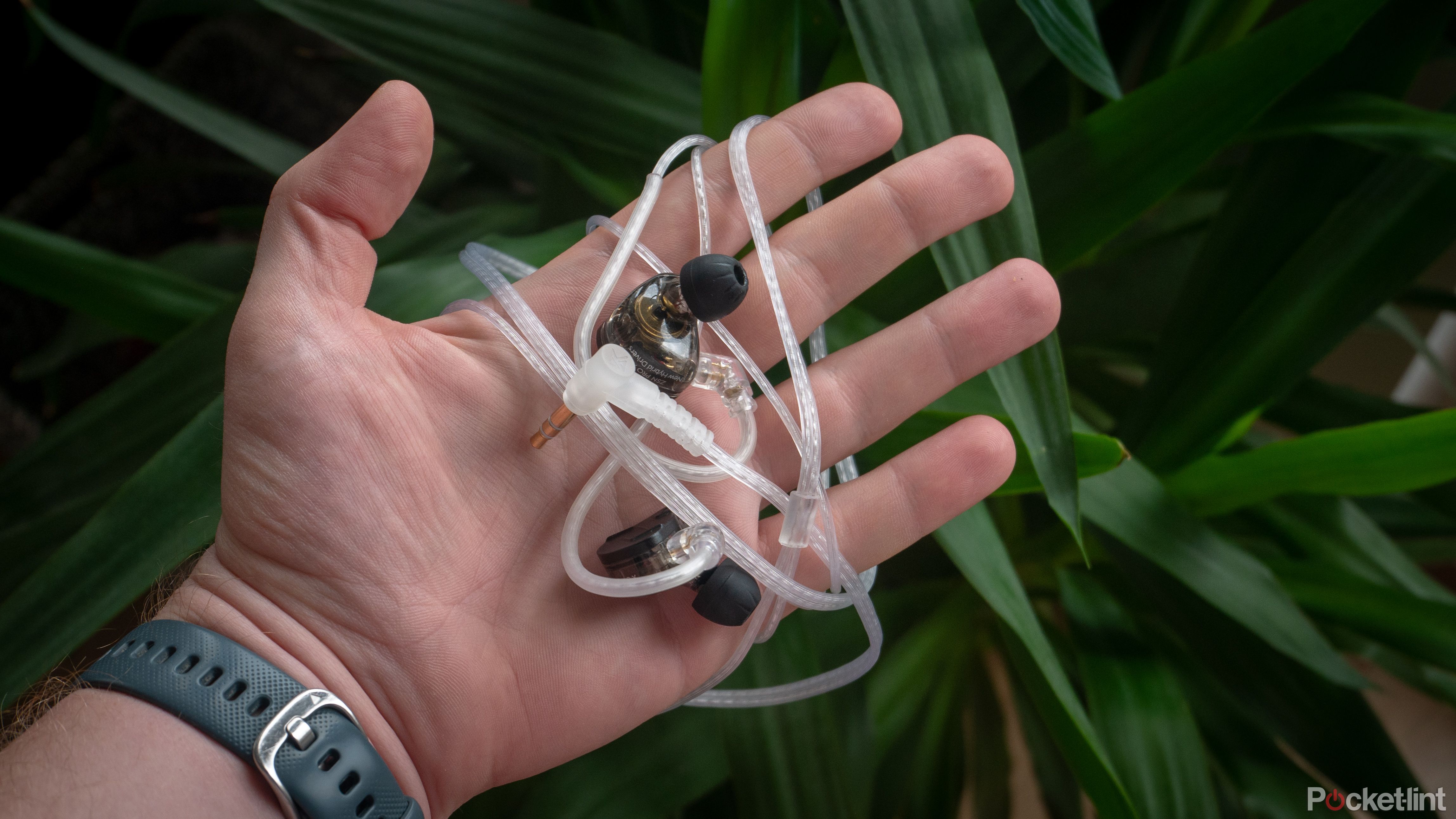
7 reasons why wired headphones are my personal audio choice
Getting rid of cables seems to be the way of the future, but keeping the power cord still has considerable advantages.
“Breaking through the 99-cent psychological barrier… [would] It’s the first big test of how much consumers are willing to pay to download a single song,” Dawn Chmielewski wrote in the Los Angeles Times in 2009.
In 2024, Apple Music and Spotify Premium individual accounts will cost $10.99 per month. The annual pre-tax price is $131.88, which when converted to an iPod, is only 102 songs at $1.29 each, or 133 pre-2009 hits.
At the price I pay annually for Spotify Premium for the same number of songs from the past iTunes era, it would take me 23 years to recreate my music library.
On my current Spotify account, I have 2,378 songs spread across all original playlists, valued between $2,354 and $3,068. That number doesn’t even include songs from custom features like AI DJ or Spotify-curated playlists. Ultimately, it would take me 23 years to recreate my music library to buy the same number of songs as I did in the past iTunes era at the price I pay annually for Spotify Premium. Considering I’m 23, that’s a lifetime.
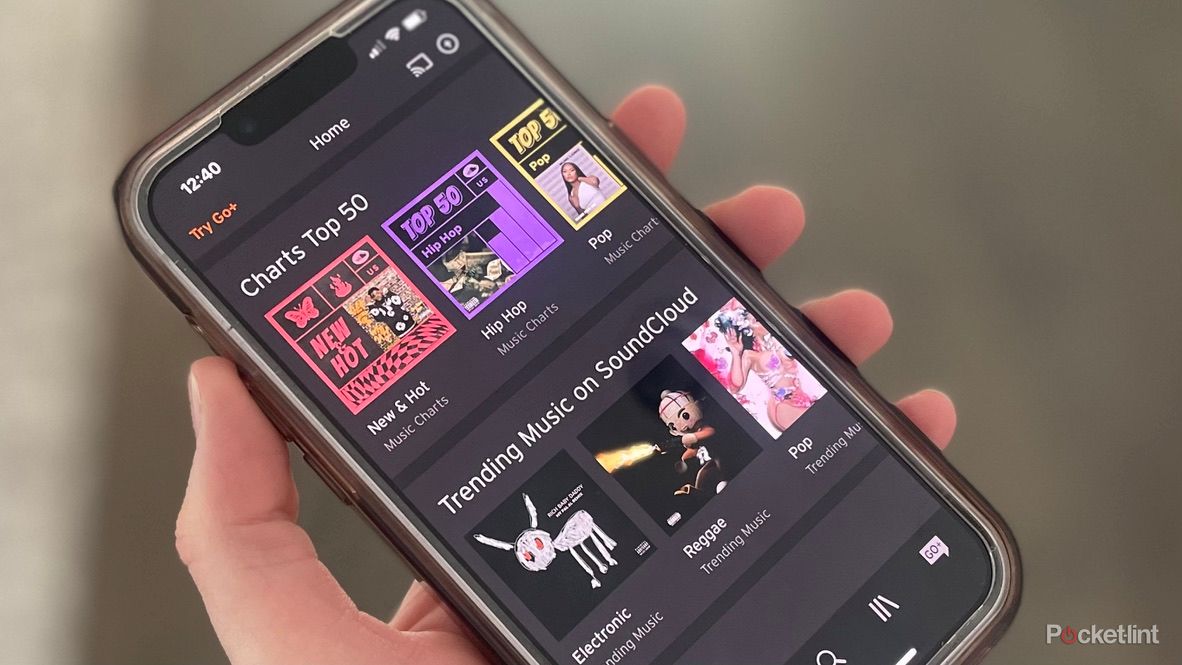
Why SoundCloud beats Spotify for discovering underground music
Some of the most popular musicians have humble beginnings on SoundCloud, and the platform can discover more talent by reaching out to niche artists.
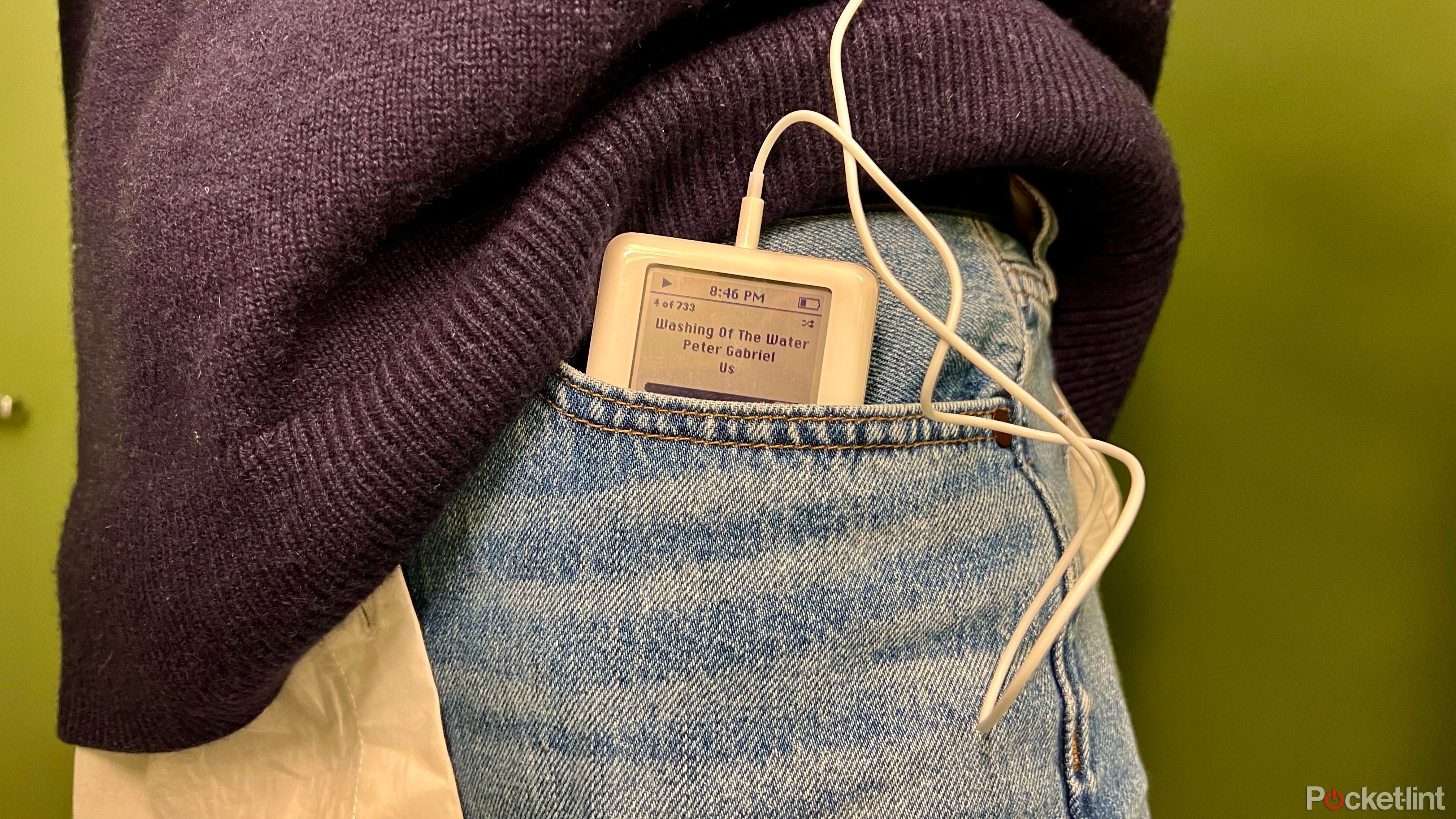 Can the dream of “1,000 songs in your pocket” still come true in 2024?
Can the dream of “1,000 songs in your pocket” still come true in 2024?
Maybe simpler listening is the solution to our digital crisis
On the D train bound for Brooklyn, I was immersed in Prince’s “The Word” when I saw the rebranded Tinder ads lining the subway cars, and it occurred to me that the first iPod ad was in 2001 broadcast. I am one of them.
Then he was off, dancing wildly around his apartment, music blasting from headphones connected to his iPod.
Thanks to my entrée into the YouTube vortex, I found a 2001 ad featuring a man sitting at a desk wearing an oversized button-down shirt and khaki pants. He sat in front of a large white laptop and a stack of CDs, listening to music through the MacBook speakers. He then dragged and dropped the file Take California by The Propellers into the playlist. He downloaded files onto his iPod at his cluttered desk. Then he was off, dancing wildly around his apartment, music blasting from headphones connected to his iPod.
The ad’s slogan is simple: “iPod, 1,000 songs in your pocket. Think different.”
The simplicity of Apple’s message reflects the simplicity of the iPod itself. Small, compact, yet limitless in unforeseen ways. The growth of the iPod has been exponential. By 2003, Apple had shipped more than 1 million devices, after selling 125,000 iPods in the winter of 2001. In 2004, the company sold 4.4 million iPods, more than it sold Macs.
Today, when I walk out the door and tuck my iPhone into my jeans pocket, “1000 Songs” really can’t compete with the information and content I have access to.
In 2023, Apple sold more than 235 million iPhones, accounting for more than 20% of the smartphone market share. Without the iPod, we wouldn’t have the iPhone. Without an iPhone, the list would be quite long. Every new technological innovation inspires the pursuit of greater things. Steve Jobs’ dream was to put 1,000 songs in your pocket. He wanted us to hear music everywhere and everywhere.
Today, when I walk out the door and tuck my iPhone into my jeans pocket, “1000 Songs” really can’t compete with the information and content I have access to. The dream keeps growing.
Yet Gen Z is still turning to retro tech
What happens when technology has too much access?
Members of Generation Z range in age from 12 to 27 years old. Although this age group is different, they all have one thing in common: they have been exposed to technology since they were teenagers. The similarities aren’t limited to tech—Gen Z is more likely to be shy and risk-averse. They date less, want fewer children, and are more likely to live with their parents.
What ties Gen Z together is that our generation paved the way for a childhood with smartphones. Sure, I started using an iPod when I was seven or eight years old, but most of my life has been spent around a touch screen, whether it was an iPod Touch or an iPhone.
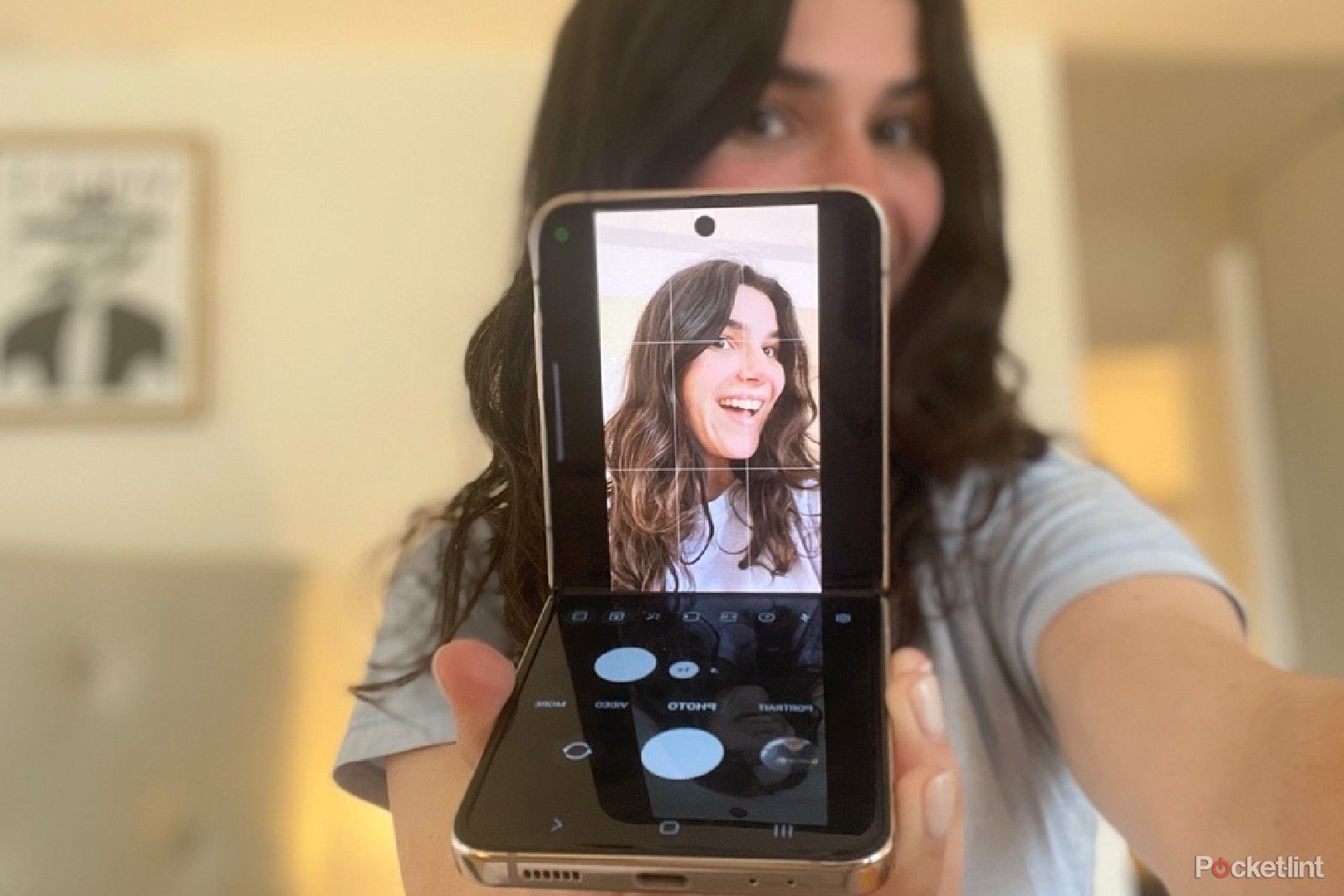
Modern flip phones aren’t the silly flip phones Gen Z misses
Gen Z hasn’t heeded the smartphone industry’s call to make retro tech smart.
Smartphones aren’t the only reason Gen Z is struggling, but we live in a world where teen depression and suicide rates are higher than ever. Still, by 2023, Americans will check their phones an average of 144 times a day and spend more than 4 hours online each day.
You have just 1,000 songs in your pocket and no notifications, social media wormholes or emails to distract you. Sure, you might have to listen to the same song on repeat, but the iPod still proves a simpler and even healthier time. Like the guy in the 2001 Apple iPod ad, dancing out of his apartment with music blasting in his ears, which means you can’t scroll through Instagram at the same time.
Is my iPod experiment over or just beginning?
Comeback or a moment?
If Apple suddenly released an updated version today, I’m not sure I would buy an iPod – but I do know I would keep my old version. I knew I needed to make a conscious effort to break away from technology, and the iPod was a step in the right direction.
So go dig that iPod out of the dark, dusty closet at your parents’ house. It won’t be a permanent change, but paying homage to the past often holds truths about our future.
